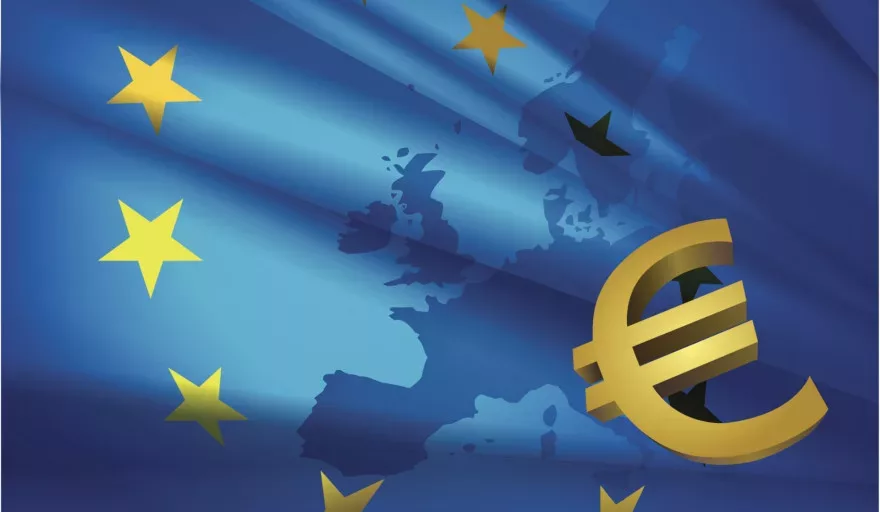Germany has introduced a national minimum wage, which has been long resisted by conservatives who say it will make industries uncompetitive, but which is hoped will help the poor and stimulate demand.
The step was a red-line issue for the centre-left Social Democrats when they teamed up last year with Chancellor Angela Merkel’s conservatives to form a “grand coalition” government.
The minimum wage of 8.50 euros (US$11.60) an hour will eventually benefit more than five million workers in the low-wage sector when it is phased in between January 1st, 2015 and 2017.
Introducing a universal minimum wage brings Europe’s biggest economy in line with 21 of the EU’s 28 member states, and with the wishes of the German electorate who have overwhelmingly supported the move in opinion polls.















